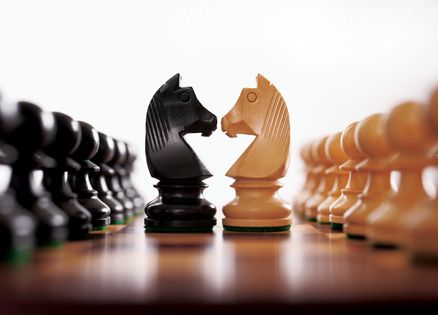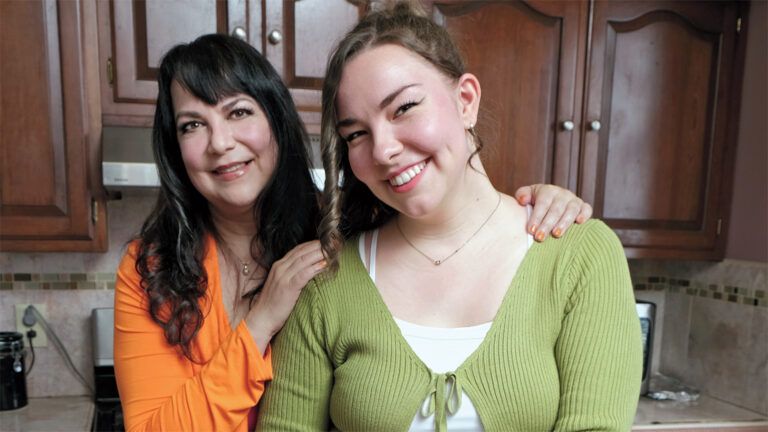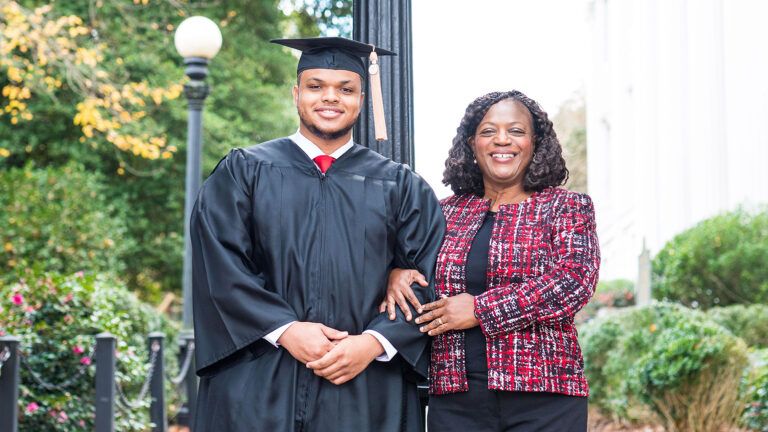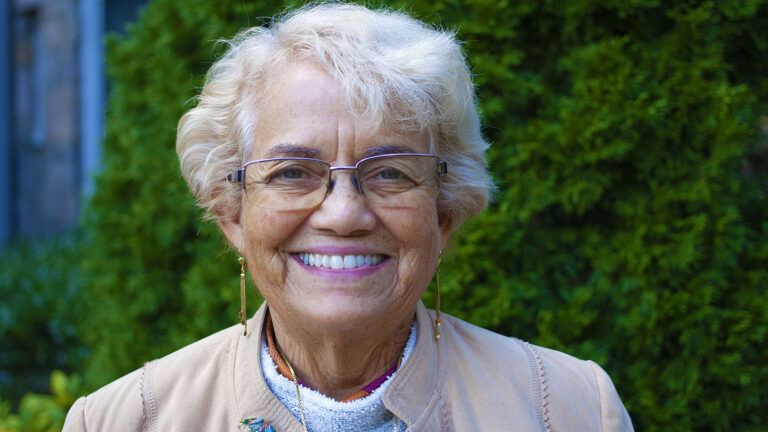Dad and I never found much to talk about. He was an immigrant bricklayer. I was a spaceship engineer. Two ends of the spectrum. He lived in Ohio, I in California. He could be short-tempered and abrupt. I tried to be patient with my family.
These days our conversations were pretty much limited to three-minute phone calls maybe once a month. I really didn’t know what he thought about the things that were important to me—especially my faith (Dad never spent much time in a church).
We weren’t exactly estranged, but sometimes my father felt like a stranger to me.
I was on a visit back to Ohio when Dad landed in the hospital. At age 77 he’d had his share of problems: cancer, diabetes and blackouts like this one. His condition was stable, but all at once I felt an urgency about our relationship. Lord, I prayed, help me connect with Dad.
“How you doing, Dad?” I was trying to sound cheerful, taking a seat at his bedside. He looked wan and frail, his hands trembling over the crisp hospital covers, hands that had spent a lifetime doing hard, honest labor.
“It’s Thursday,” he finally said. “Floyd has got to be wondering where I am.”
“Floyd?”
“My chess buddy at the senior center. I’m about the only one who can beat him at the game.”
“You still play chess?”
Dad shot me a look like it should have been patently obvious to me that he was some kind of geriatric chess master.
“Floyd’s going to be plenty mad. I beat him in about ten moves last week. He wants revenge.”
I found myself smiling. Who knew?
“Dad, how ’bout I go get your chess set and we can play a game ourselves?”
I set up the board on his tray and propped him up on a pillow.
We didn’t talk much. We concentrated on our game (he was awfully good, actually). But in that concentrated silence it felt like we were truly father and son, in some way revealing ourselves through our chess moves. Maybe for the first time I felt perfectly at peace around him.
If only we could keep it up after I went back to California.
“Dad, why don’t I get you a computer so we can play chess online together?”
“I hate computers. Check.”
“Well, we could do it over the phone,” I suggested.
“Can’t hear much anymore,” he grunted, but it sounded like a yes to me.
Every Saturday at 4:00 Dad would set up a chess board on his end and I would do the same on mine, no matter where I was. And in between moves we talked. I told him about my career, my travels; Dad reminisced about growing up, his mom, his beloved dog.
“Did I ever tell you about how I almost drowned once when I was carrying that little dog?”
Of course he hadn’t.
“I was crossing a river with that dog in my arms. About midway I felt God’s hand on me—don’t know how else to describe it. Seemed to urge me to walk a few feet to the side, and I made it safely across is all I can say.
"Later I discovered there was a deep hole in the riverbed right where I was about to step. We both might have been carried away by the current.”
Now that might not sound like an earthshaking revelation, but for Dad to reveal himself to me like that, to disclose his vulnerability and make a spiritual reference, it was huge.
“Thank you, Lord,” I whispered when I hung up. “Please keep your hand on Dad. He’s not a boy anymore and he’ll be coming home.”
For five wonderful years we kept up our matches. He beat me more than I beat him, though in the end we were both winners. Occasionally we would barely play, just talk. We’d come to understand ourselves as father and son, flesh and blood.
The day he died, at age 82, I moved the chess pieces where we left them after our last game back into place on my board and said a prayer. Lord, thank you for helping me understand. I know your hand is on Dad, guiding him safely across one more time.
Download your FREE ebook, True Inspirational Stories: 9 Real Life Stories of Hope & Faith






